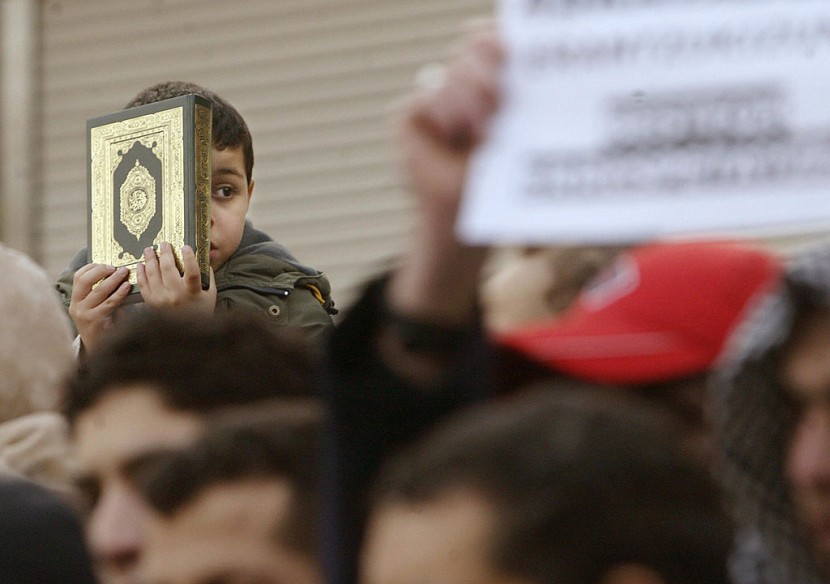Denmark's government has announced that, in response to recent Quran burnings, the nation would be enforcing stricter border restrictions in order to increase internal security and prevent unwanted persons from entering the country.
Increased Border Security

After anti-Islam activists in Denmark and Sweden torched and destroyed many copies of the Muslim holy book in recent months, provoking anger in the Muslim world and demanding that governments outlaw such crimes, authorities are now fearful of retaliatory attacks.
In a Reuters report, the Danish justice ministry issued a statement late on Thursday, August 3, saying, "Authorities have today concluded that it is necessary at this time to increase the focus on who is entering Denmark, in order to respond to the specific and current threats."
According to the security forces, "The recent [Quran] burnings have ... affected the current security situation," Justice Minister Peter Hummelgaard added.
At least ten copies of the Quran have been burnt by a small group of Danish far-right protesters in the last week. They have announced plans to burn even more Qurans during two rallies on Friday, August 4, and three more events over the weekend.
Both the Danish and Swedish governments have spoken out against the burnings and are proposing new legislation to put an end to them. Domestic critics, however, argue that such a move would be a violation of their constitutionally guaranteed right to free expression.
Danish Prime Minister Mette Frederiksen made her stance on the burning of the holy book clear late Thursday. "I think it would be wrong if someone stood there and burned the Bible. I also don't think we should burn the Torah for the sake of those who belong to the Jewish faith."
The Quran is considered the literal word of God by Muslims. Hence any act of destruction, real or imagined, of the sacred book would likely result in widespread demonstrations throughout the Muslim world.
Stricter border restrictions in Denmark will be in effect until August 10.
The decision to increase inspections at the Danish border comes after Sweden implemented similar measures.
Measures to Curb Catastrophic Rallies
Earlier this week, Denmark hinted it wants to ban burning religious books, including the Quran and Bible, during rallies after many high-profile cases. The proposed legislation would be unprecedented in Europe if it were to become law.
The Danish government argues the ban is needed to defend religious freedom and avoid violence. In recent years, Quran burnings in Denmark have sparked demonstrations and unrest.
The Danish foreign ministry considers interfering when "other countries, cultures, and religions are being insulted." The statement also included examples of scenarios when this would have "significant negative consequences for Denmark."
Reportedly, the prohibition aims to combat extremism and security issues while preserving Scandinavian freedom of speech.








